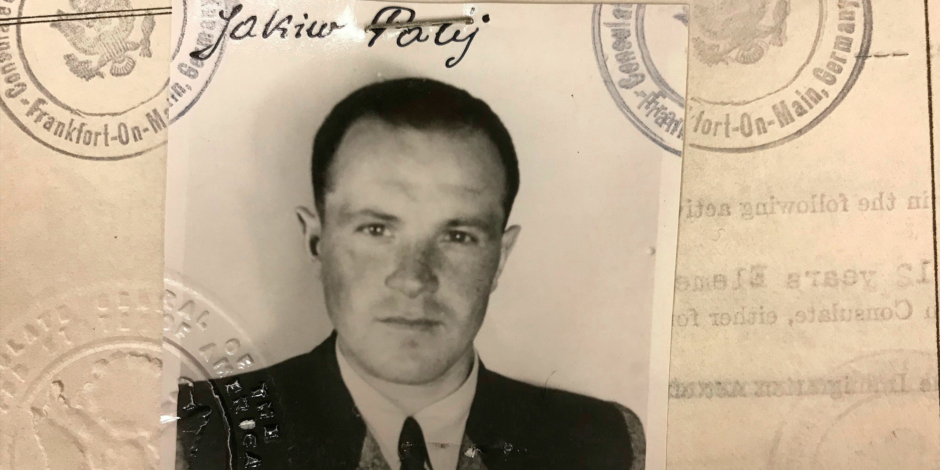One of the last surviving perpetrators of the Holocaust was finally brought to justice on August 21 when Jakiw Palij, a former guard at the Trawniki labor camp in Nazi-occupied Poland, was deported to Germany from his home in New York City.
It was a unique event in post-Holocaust annals because Palij, 95, was the last known living Nazi war criminal residing in the United States.
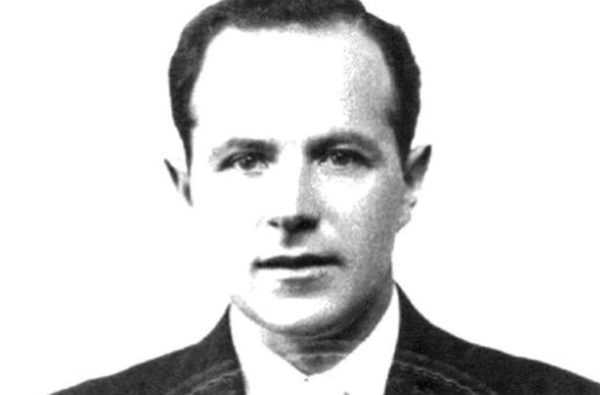
Eli Rosenbaum, the former director of the U.S. Justice Department’s Office of Special Investigations, which was responsible for identifying, denaturalizing, and deporting war criminals, called Palij’s deportation “a landmark victory” in the American government’s quest to close the books on this appalling chapter of World War II.
By all accounts, about 10,000 suspected Nazi war criminals entered the United States on false pretences following the war. Palij, an ethnic Ukrainian born in a corner of Poland now part of Ukraine, claimed he had worked on his father’s farm and in a German factory, when he fact he had served as a guard at Trawniki.
Established by Germany on the grounds of an old sugar refinery in the village of Trawniki, some 40 kilometres southeast of Lublin, Trawniki opened in 1941 to house Soviet prisoners of war. Trawniki was also a forced labor camp for thousands of Jews and an SS training facility for concentration camp guards, many of whom were Ukrainians.
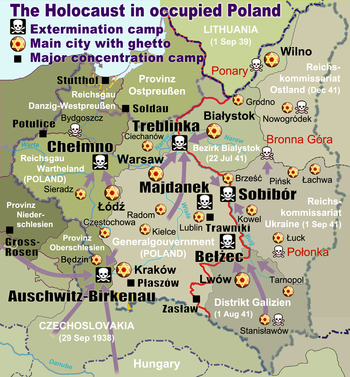
These recruits participated in Operation Reinhard — the Nazi plan to exterminate Polish Jews — and were placed at extermination camps like Treblinka and Sobibor. As well, they played a key role in crushing the Warsaw and Bialystok ghetto uprisings.
On November 3, 1943, in Operation Harvest Festival, these guards massacred 6,000 Jewish men, women and children in Trawniki. Palij is believed to have been there on that black day, one of the worst of the Holocaust, according to U.S. Holocaust Memorial Museum in Washington, D.C.
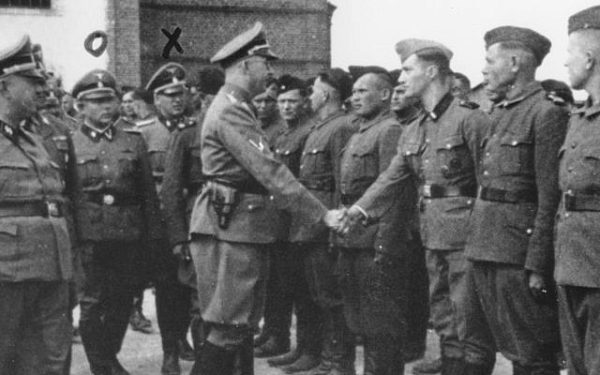
When Palij immigrated to the United States in 1949, he denied his involvement in this mass slaughter, claiming he had only guarded rivers and bridges. But evidence unearthed by the United States proved conclusively that he had been one of the perpetrators. Long before this, he had been stripped of his U.S. citizenship, having lied about his past in his visa application.
He was the 67th war criminal to be deported from the United States. A further 28 died before their respective deportation orders could be carried out.
Among the deportees have been Feodor Federenko, the first war criminal to be ejected from the United States; John Demjanjuk, a former Treblinka guard who died in Germany in 2012 while his case was being appealed; Karl Linnas, who died in the Soviet Union before he could face a firing squad; Hermine Braunsteiner Ryan, a guard at Majdanek and Ravensbruck, and Arthur Rudolph, a German rocket scientist complicit in the deaths of thousands of slave laborers who died in Germany.
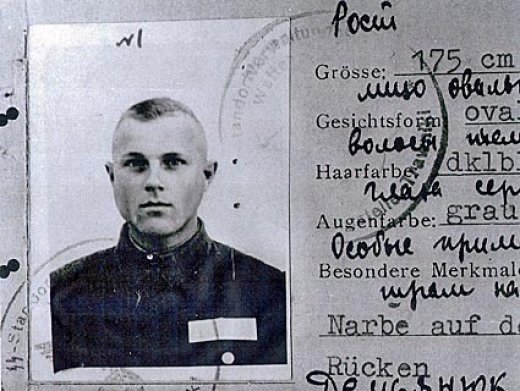
Palij was ordered deported in 2004, but Germany, Poland and Ukraine refused to admit him. Germany, though legally not required to take Palij, agreed to to do so. “We accept the moral obligation of Germany, in whose name terrible injustice was committed under the Nazis,” said German Foreign Minister Heiko Maas.
Better late than never.
